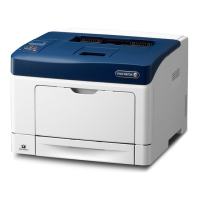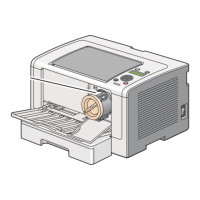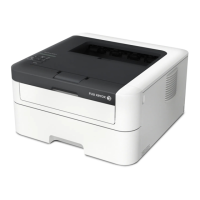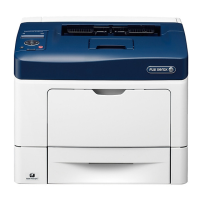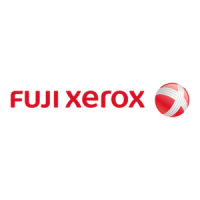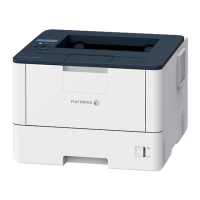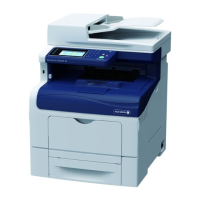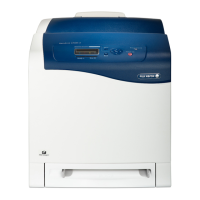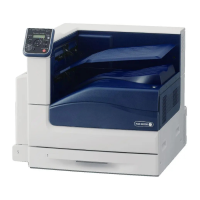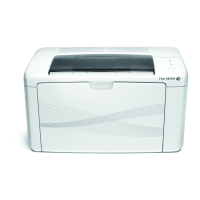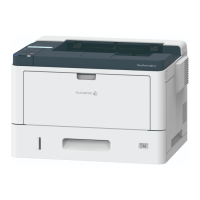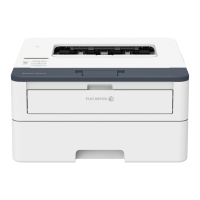Encryption and Digital Signature Overview
145
Encryption and Digital Signature Settings
8
Encrypting HTTP Communications from a Client to the Machine (SSL/TLS Server)
The SOAP, Internet Services (HTTP), IPP, and WebDAV ports use the HTTP server of the
machine.
The SSL/TLS protocol is used to encrypt the HTTP communications between a client and the
machine.
To encrypt communications, either one of the device certificate is required: a self-signed
certificate or a certificate issued by another CA.
Encrypting HTTP Communications from the Machine to a Remote Server (SSL/TLS Client)
The SSL/TLS protocol is used to encrypt the HTTP communications between a remote server
and the machine. No certificate is required in general. However, if a remote server is set to
require an SSL client certificate, you can use a certificate issued by another CA. When
verification of server certificates is enabled to verify the SSL/TLS certificate of a remote
server, import a certificate issued by another CA using CentreWare Internet Services to the
machine.
Encryption using IPsec
IPsec enables IP-level (not application-level) encrypted communications with remote
devices.
If you select [Digital Signature] for [IKE Authentication Method], a certificate issued by
another CA is required.
If you select [Preshared Key], no device certificate is required.
If the certificate for IPsec contains the V3 extension (keyUsage), "digitalSignature" bit must be asserted.
To verify the certificate of the remote device, you must register a root certificate created by
a CA of the remote device on the machine.
To use certificates that have already been created, import them with CentreWare Internet Services.
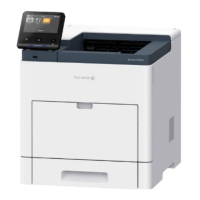
